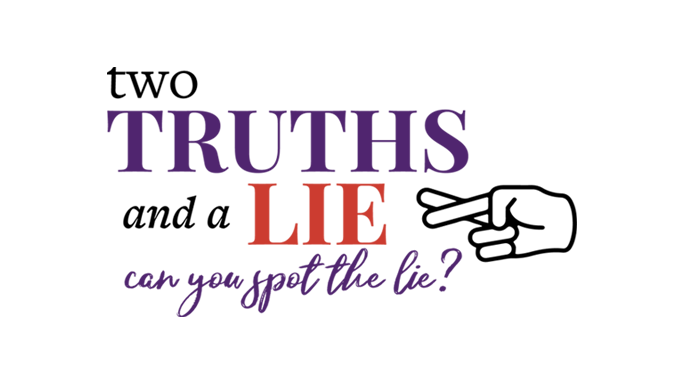The COVID-19 pandemic has introduced extreme economic uncertainty for workers, businesses, and industries. Now more than ever, it is important to ensure that workers can find ways to get the skills they need to meet the qualifications for current and future jobs. One career training option worth exploring is an apprenticeship.
Everyone loves the party game/icebreaker “two truths and a lie.”
Can you identify which of the following is NOT true about apprenticeships?
A. Apprenticeships are an effective way to train students and workers and help them find good-paying jobs.
B. Apprenticeships do not preclude individuals from earning a college degree.
C. Apprenticeships are only an option for blue-collar jobs.
Let’s take these statements one at a time:
A. TRUE! The average starting salary for apprentices is over $70,000 and 91 percent are employed after completing their training programs.
B. TRUE! While a skills education might (understandably) be an attractive alternative to college for those hoping to avoid accumulating debt, apprentices still have the ability to pursue a college education during or after their training programs if they choose to do so.
C. FALSE! There are efforts underway to expand apprenticeship opportunities to white-collar industries. Getting actual in-the-field experience is often more informative than simply listening to a lecture in a classroom setting.
In fact, last year Kim Kardashian West announced her plan to do a four-year apprenticeship with a law firm in lieu of attending law school. She recently completed her first year of the program and plans to take the bar exam in 2022.
The current administration has prioritized the expansion of apprenticeships. Months after taking office, President Trump signed an executive order reducing barriers to high-quality industry-recognized apprenticeships by allowing companies, trade associations, and unions to develop their own guidelines.
To learn more about apprenticeships and why they’re a good idea, click HERE to check out this piece written by IWF’s Patrice Onwuka.

